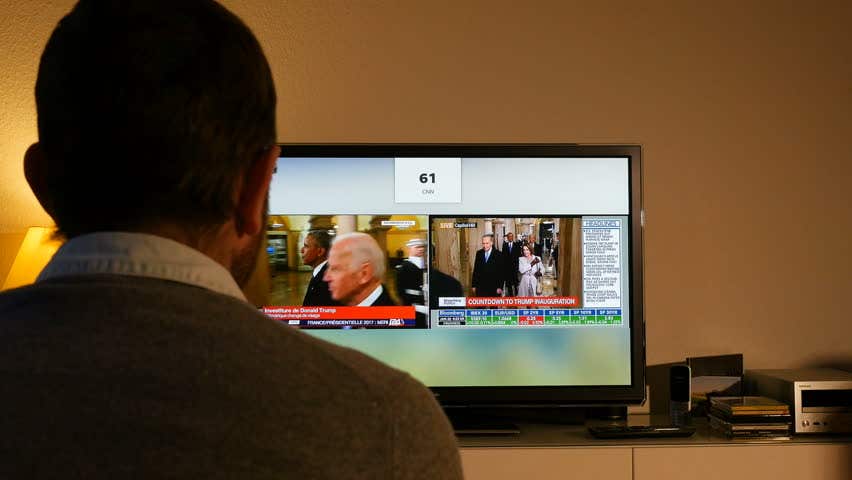Does consuming traditional media have an impact on well-being?
Does consuming traditional forms of media – including books, music and television – have an effect on short-term adult well-being?

[Jan 6, 2022: Scientific Reports]
Does consuming traditional forms of media – including books, music and television – have an effect on short-term adult well-being? (CREDIT: Creative Commons)
Consuming traditional forms of media – including books, music and television – has little effect on short-term adult well-being, according to a new study published in Scientific Reports.
It is often assumed that engaging with traditional types of media improves well-being, while using newer types of media, such as social media, worsens well-being. However, evidence of traditional media consumption improving well-being has been lacking.
Niklas Johannes and colleagues studied the media consumption habits and well-being levels of 2,159 UK adults between April and May 2020, during the COVID-19 pandemic, using data collected via a nationally representative survey. Through weekly surveys, conducted over six weeks, participants reported the time they had spent engaging with music, television, films, video games, books, magazines and audiobooks during the previous week and their happiness and anxiety levels during the previous day.
Related Stories
The researchers found that those who consumed books, magazines or audiobooks had similar happiness and anxiety levels to those who did not, while those who engaged with music, television, films and video games tended to have lower happiness and higher anxiety levels than those who did not. However, those differences were small and not causal. Those with lower happiness and higher anxiety levels were also more likely to engage with music, television, films and video games, but not books, magazines or audiobooks.
Despite the differences in well-being observed between users of different media forms, changes in the types of media participants consumed and the amount of time they spent engaging with traditional media did not predict substantial changes in anxiety or happiness levels. Together, the findings suggest that the overall impact of consuming traditional forms of media on short-term well-being are negligible.
Note: Materials provided above by Scientific Reports. Content may be edited for style and length.
Like these kind of feel good stories? Get the Brighter Side of News' newsletter.
Tags: #New_Discoveries, #Media, #News, #TV, #Cable_News, #Social_Media, #Wellbeing, #Research, #Science, #The_Brighter_Side_of_News
Joseph Shavit
Head Science News Writer | Communicating Innovation & Discovery
Based in Los Angeles, Joseph Shavit is an accomplished science journalist, head science news writer and co-founder at The Brighter Side of News, where he translates cutting-edge discoveries into compelling stories for a broad audience. With a strong background spanning science, business, product management, media leadership, and entrepreneurship, Joseph brings a unique perspective to science communication. His expertise allows him to uncover the intersection of technological advancements and market potential, shedding light on how groundbreaking research evolves into transformative products and industries.



